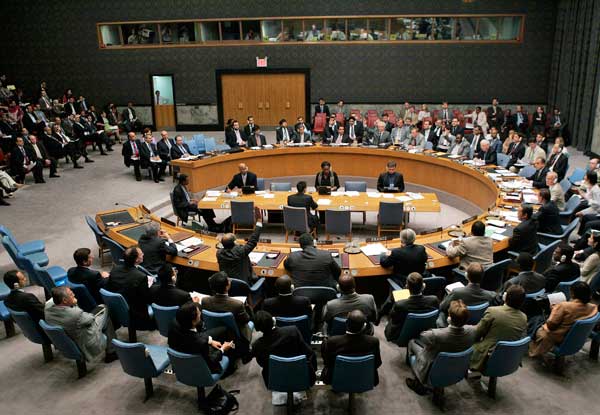Duckling season has commenced and with this, RSPCA Victoria, BirdLife Australia and Wildlife Victoria are encouraging the community to be on the lookout for ducklings who have been separated from their parents and raising awareness of how to respond and care for ducks in need.
Ducks will commonly choose to nest in suburban backyards, especially those with pools and places to nest in safety.
By seeking a nesting site away from her home watercourse and predators, a mother duck increases the chance of her ducklings’ survival. Within just 24 hours of hatching, parent ducks will escort their ducklings back to their home territory, which is sometimes when ducklings become separated from their parents and may require assistance from the public.
RSPCA Victoria CEO Dr Liz Walker is encouraging Victorians to arm themselves with knowledge of what to do if they find ducklings who have lost their way.
“This journey home is the most important trip of a duckling’s life – the parents are teaching them how to make this trek by themselves and learn their way home. This important lesson time also teaches ducklings how to avoid predators and other dangers such as cars, along with how to feed properly and navigate the neighbourhood,” Dr Walker said.
“If you do come across ducklings who have been separated, often the parents will not be far away. The best approach is to observe the ducklings at a safe distance until their parents return. If after a few days, you’re still concerned about the welfare of the ducklings, you can contact a local wildlife carer for advice.”
Dr Walker said the Department of Environment, Land, Water and Planning’s (DELWP) ‘Help for Injured Wildlife Tool’ can help you locate the nearest wildlife carer in your area, and Wildlife Victoria’s Emergency Response Service can advise you on what to do with orphaned ducklings while you’re waiting for a volunteer rescuer to arrive. They can also help with advice if you find sick or injured ducks.
“As urban Melbourne continues to expand, natural duck habitats are more likely to be in suburban areas . When you’re driving near waterways or wetlands remember to look out for ducks on your journey. The changing environment also means that some ducks may choose a backyard to raise their ducklings, especially those with pools,” Dr Walker explained.
“If you are lucky enough to host a family of ducks, it is best not to disturb them, chase them or try to contain them. Once the ducklings are a little older, their parents will eventually move them to a local pond or lake.
“If ducks do choose your backyard as a home avoid feeding them human food such as bread – this is like junk food for ducks. Feeding wild animals such as ducks can also create food dependency. This is detrimental as it means that they need to spend less time foraging, which allows them to build their strength. It can also cause malnutrition, as the nutritional value of processed food differs greatly from their natural diet.”
Australia is home to 17 native duck species, with the most common the Pacific Black Duck and the Australian Wood Duck. Learn more about Victoria’s ducks at discoverducks.org.au
How to help lost or displaced ducklings;
- Avoid intervening to give them their best chance of survival
- Keep a safe distance. Scrutiny from people can make parent ducks extremely stressed and they may abandon their ducklings
- If safe, alert oncoming traffic and allow the family to cross roads safely. Always make sure no one puts themselves at risk in order to help the ducks across the road.
- for tips on how to help ducklings
- Wildlife Victoria’s Emergency Response Service can be contacted on 03 8400 7300 or visit to lodge a wildlife emergency report online. This service is available 24/7.
- Learn more about Victoria’s ducks at







